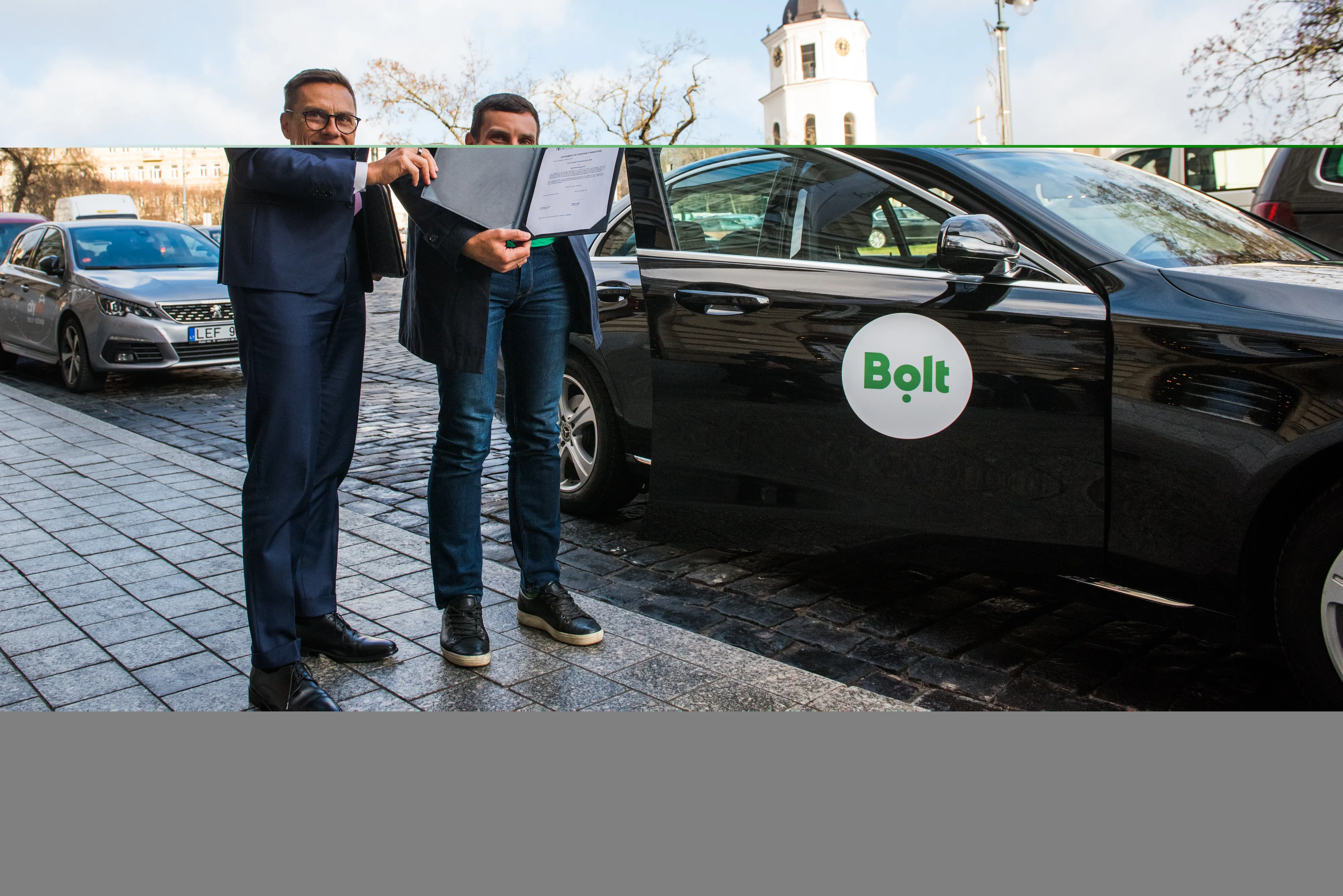The European Investment Bank (EIB) has signed a €50 million deal to support ride-hailing firm Bolt’s R&D efforts in Estonia.
By Ben Spencer
February 5, 2020
Read time: 1 min

EIB says the funding is to support Bolt in areas where its technology can improve the safety and sustainability of its services. This includes investing in its existing services as well as personalised offerings like food delivery, the bank adds.
Bolt’s co-founder, Martin Villig, says the agreement “will enable us to move faster towards serving many more people in Europe”.
EIB’s vice president Alexander Stubb, says the bank’s support will allow Bolt to improve its services and branch out into new service fields.
The financing is supported by the European Fund for Strategic Investments, the main pillar of the Investment Plan for Europe.









